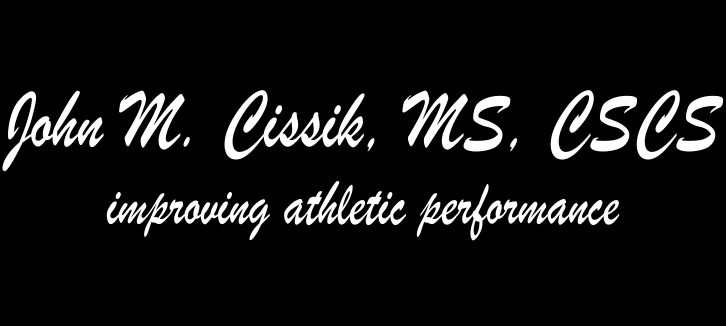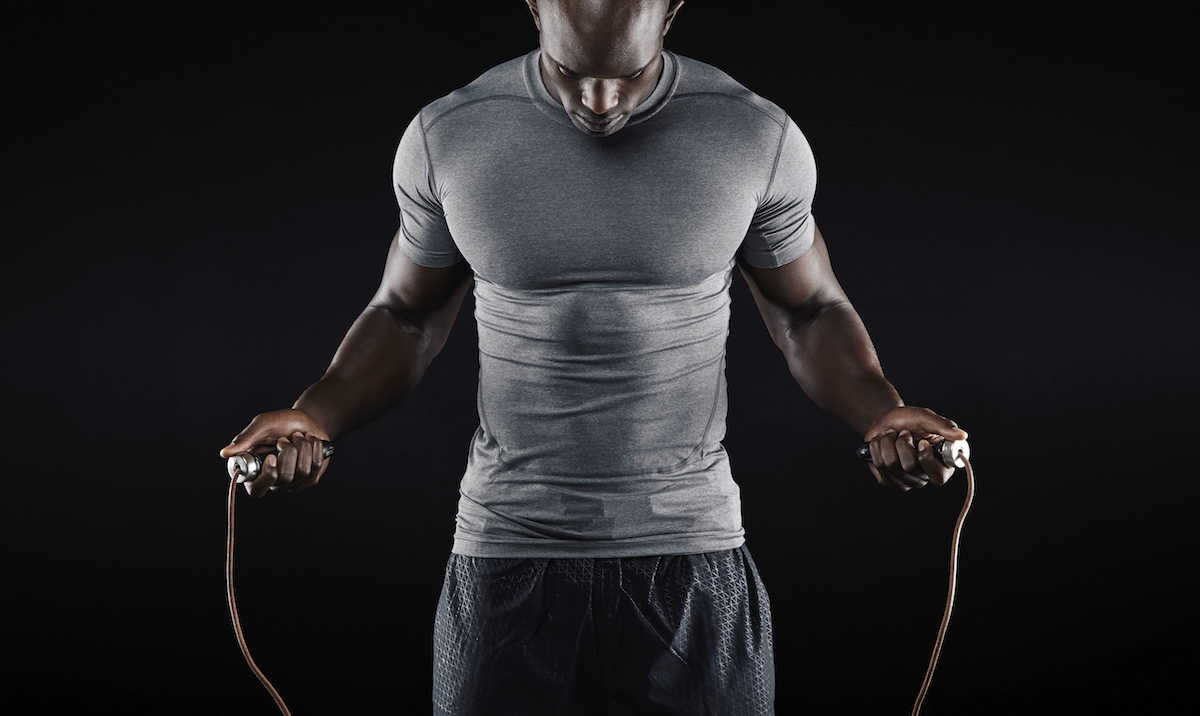Recently I put out a tweet about jumping rope and its benefits. I was surprised because I ended up getting in an interesting discussion with someone who was concerned because I did not have research to cite on the benefits of the jump rope, its role in activating muscles, etc. So, with apologizes to everyone, this blog post is going to be a bit of a rant.
We’re in an interesting time today, there’s enough immediate access to information that we are all under the impression that it makes us instant experts on anything. Have a medical issue? Google it and it will tell you everything you need to know, what do you need a doctor for? Have a strength and conditioning question? Same answer, plus you can find lots of journal articles on things.
I’m glad people are smarter today and I certainly take advantage of that access to information. My first master’s degree is a research-oriented one, in graduate school I had over twenty hours of graduate level statistics. This means I have the ability to read the research and get a sense of what it really means.
I like reading the research, it gives you little hints about the big picture. But research, particularly when we are discussing the strength and conditioning of athletes, frequently suffers from shortcomings. First, it rarely studies athletes. This is actually a really big deal. Most research is studying college students that are enrolled in the researcher’s major. The challenge is that these students don’t have the training history, fitness level, ability to adapt/recover, etc. that athletes do. It also means that the subjects of the research are very possibly going to respond differently to the study than trained athletes will. So applying the results of a study on college students to high-level athletes, for example, is tenuous.
A second challenge is that research is often short-term. By this I mean it’s easiest to recruit and keep subjects for the length of a college semester. This is a challenge because with athletes we are concerned with long periods of time. We may respond differently to a training protocol, for example, over eight weeks than over an entire year. Again, applying one to the other is difficult.
Another challenge is that it is frequently easiest to study one mode of exercise at a time. For example, a twelve week study looking at how squatting impacts vertical jump. That’s great, and it’s valuable, but athletes don’t train that way. They may seek to improve their vertical and their squat, but they are also sprinting, performing plyos, performing conditioning, may be doing aerobic exercise, are practicing/competing in their sport, etc. So again, it’s difficult applying one to the other.
Another point with research, and this was pointed out very articulately by legendary track and field coach William Freeman is that the practice of coaching drives the research. The research is behind the practice and seeks to confirm what we’re already discovering via trial and error.
In the 1980’s the muscle magazines ruled the field. And, in full disclosure, writing for some of these helped pay for some of my graduate school back in the day. These magazines had a trick of finding studies that would support their pet theory, or their desire to sell you a supplement, and it all looked very scientific. Frequently this research was a serious stretch. There’s a lot of that on the internet today. My opinion only though, food for thought.
There’s also a big difference between working with one or two individuals and working with entire teams. I used to think that I was a good coach, then I began coaching youth sports and I had to develop a new skills set in terms of communicating, problem solving, developing team, teaching, holding people accountable, etc. But a lot of that is based on trial and error, experience is really important.
This is not to say that research is bad. Don’t read this and put those words in my mouth, but this is to say that it has limitations. Experience has limitations. Everything has limitations, nothing came down from the mountain engraved in stone. As a coach, you should draw information from everything; from research, experience, other coaches, business, military leaders, etc. and you should remain flexible to learning. End of rant!



